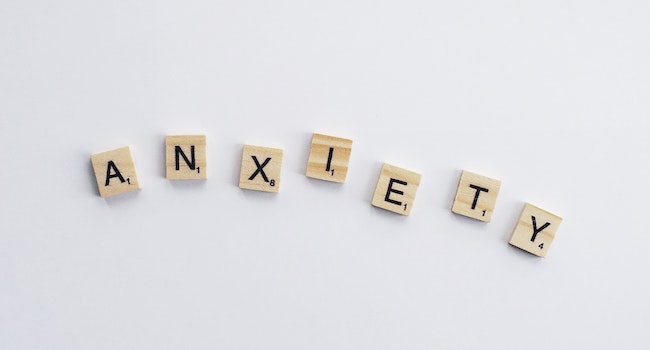
Anxiety disorders are a group of mental health conditions characterized by excessive fear, worry, or anxiety that interferes with daily activities and relationships. There are several types of anxiety disorders, including generalized anxiety disorder, panic disorder, social anxiety disorder, specific phobias, and separation anxiety disorder.
Symptoms of anxiety disorders include feelings of panic, fear, and uneasiness, as well as physical symptoms such as sweating, trembling, and increased heart rate. People with anxiety disorders may also experience avoidance behaviors, such as avoiding social situations or places that trigger their anxiety.
Mindfulness-based interventions, such as mindfulness-based stress reduction (MBSR), are popular and have been shown to decrease anxiety. Still, it is unknown how they compare to standard first-line treatments. Therefore, a randomized clinical trial (Treatments for Anxiety: Meditation and Escitalopram – TAME) was conducted to determine whether MBSR is comparable to escitalopram, a commonly used first-line psychopharmacological treatment for anxiety disorders.
The trial recruited 276 adults with a diagnosed anxiety disorder from three urban academic medical centers in the US. Participants were randomized to eight weeks of the weekly MBSR course or the antidepressant escitalopram, flexibly dosed from 10 to 20 mg. Of the 208 patients who completed the trial, 102 were in the MBSR group and 106 in the escitalopram group. The primary outcome measure was anxiety levels, assessed with the Clinical Global Impression of Severity scale (CGI-S), with a predetermined non-inferiority margin of -0.495 points.
